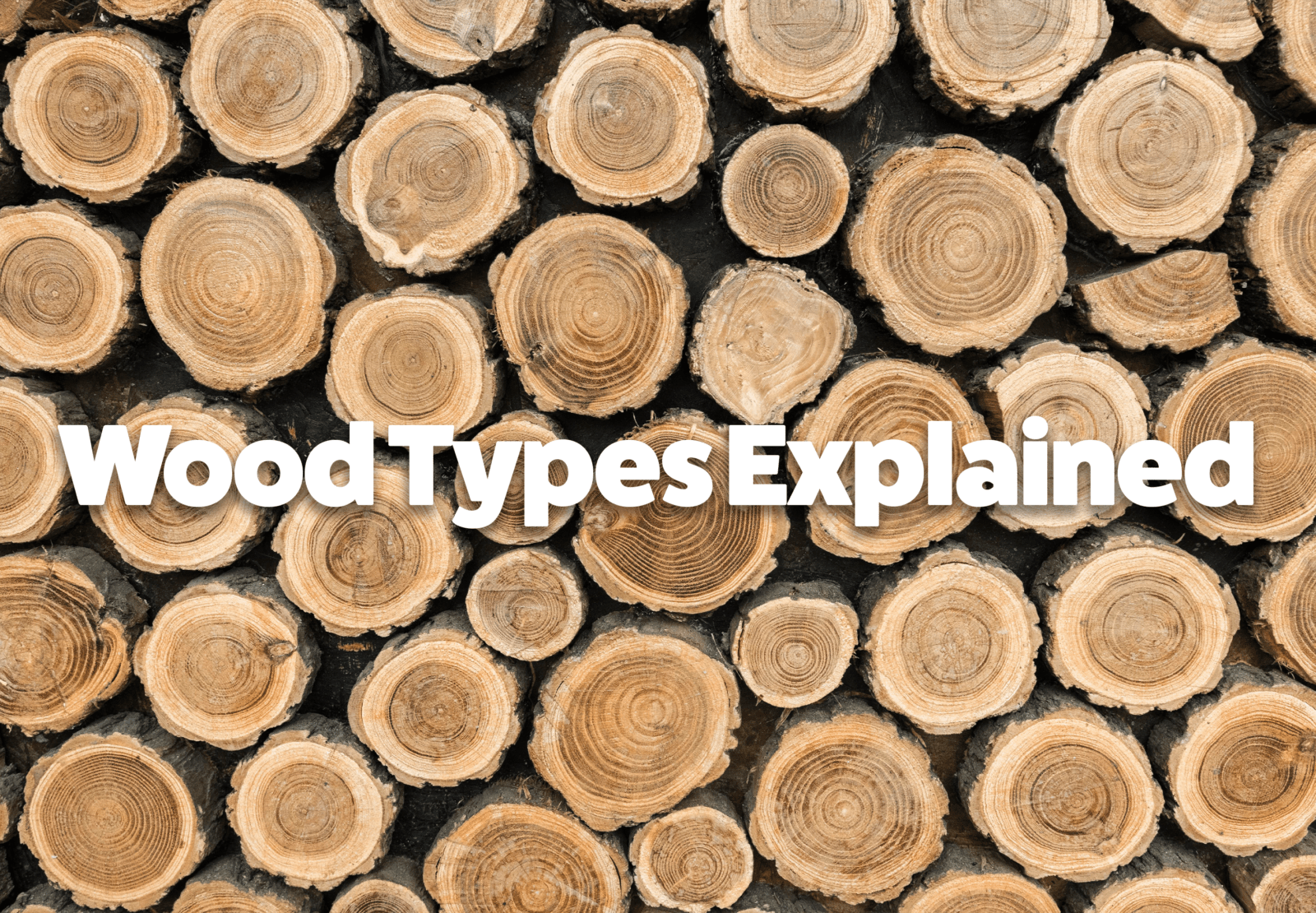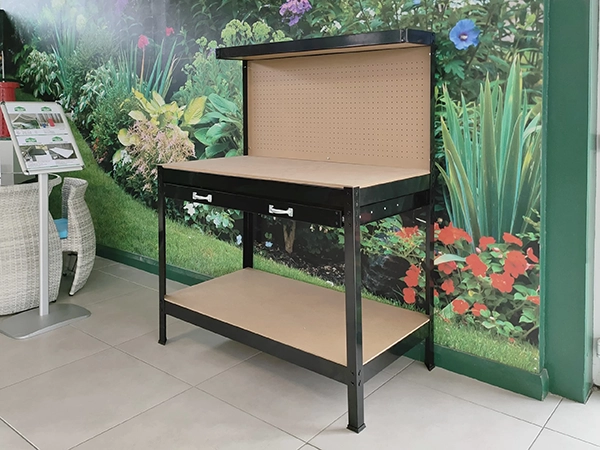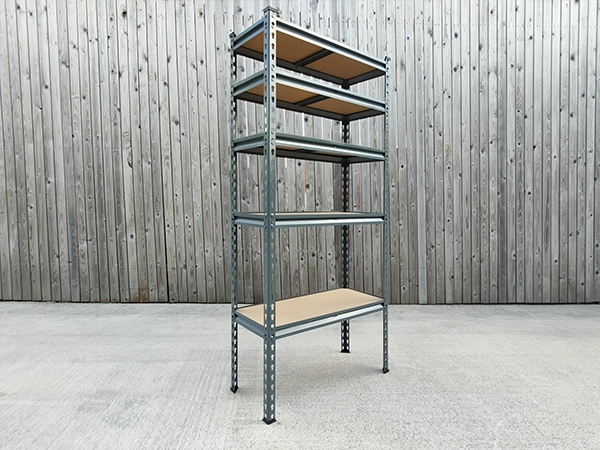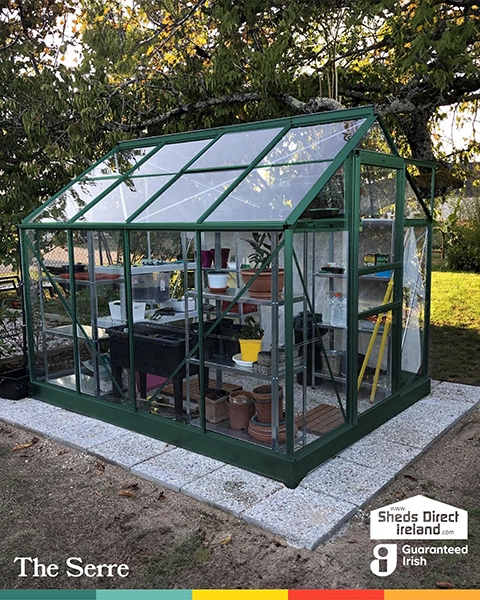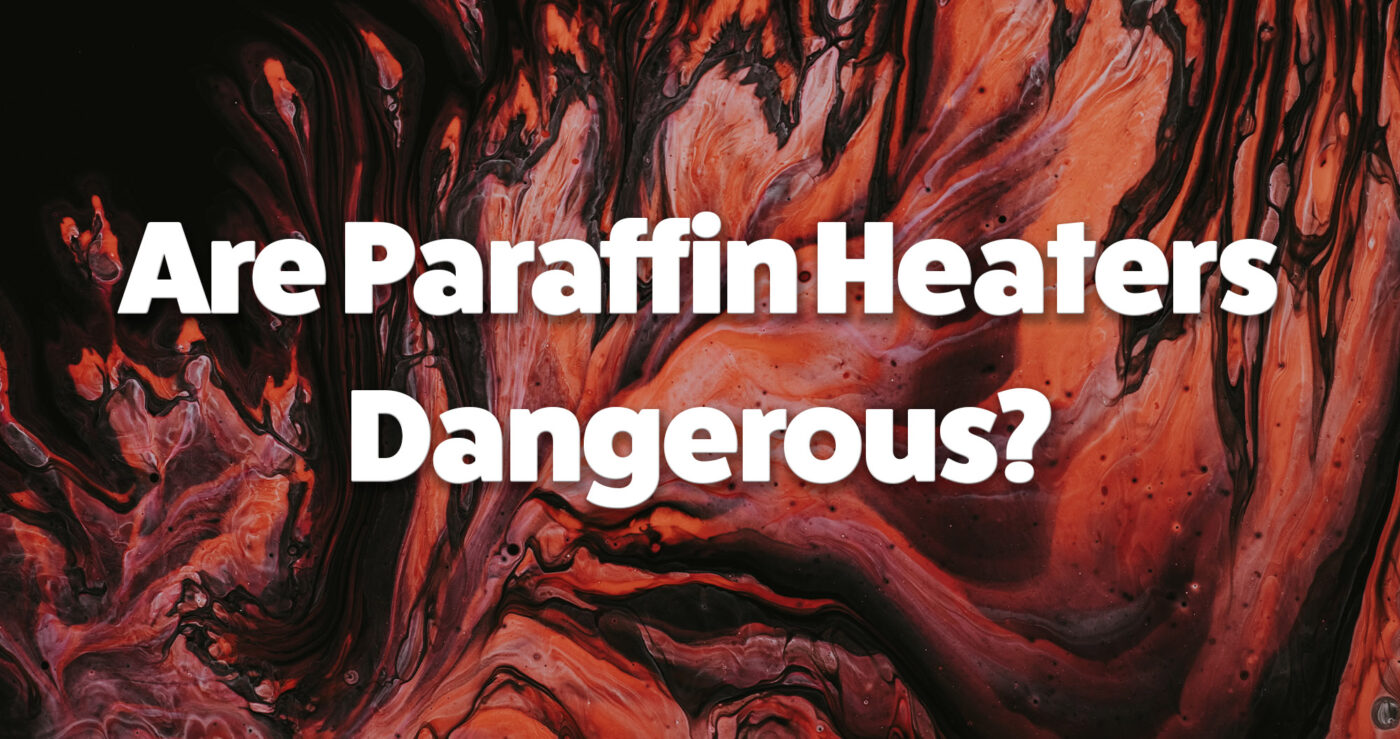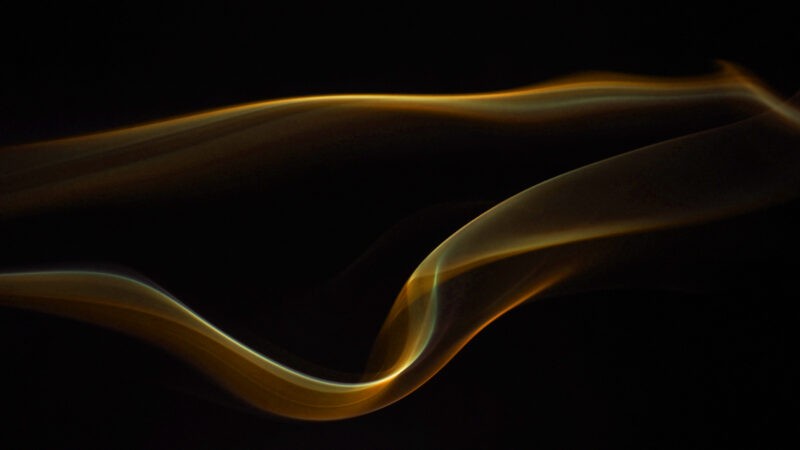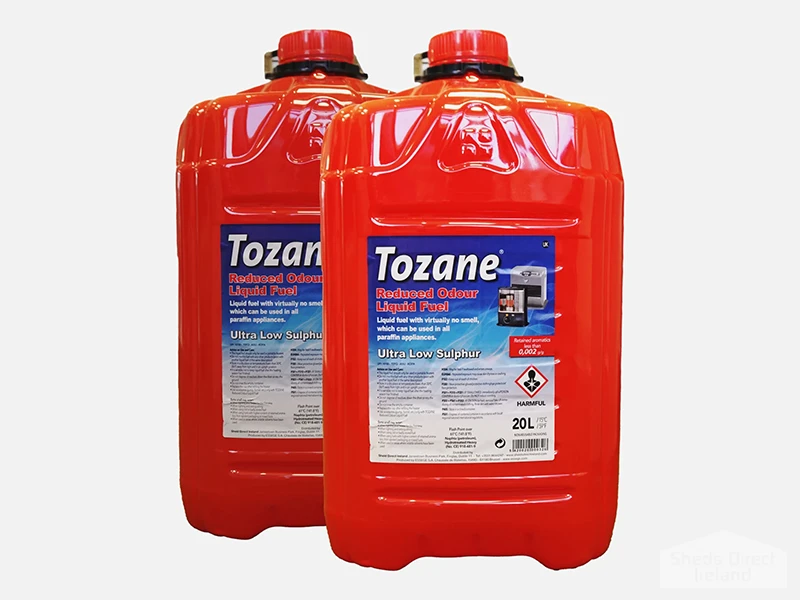Safety
Are Paraffin Heaters Dangerous?
Are paraffin heaters dangerous?
If you’re bringing something unknown into your home, you’re going to want to know if it’s safe or not. ‘Are paraffin heaters dangerous?’, is more than a fair question to ask. Quite simply, Paraffin Heaters are safe to be used indoors, providing that the correct fuel is used. There are some dangers involved with them, but nothing that common sense can’t overcome. Let’s look at the dangers involved with these heaters, address these concerns safely and help you find out if a paraffin heater is the best way to keep you and the family out of the cold this year or not.
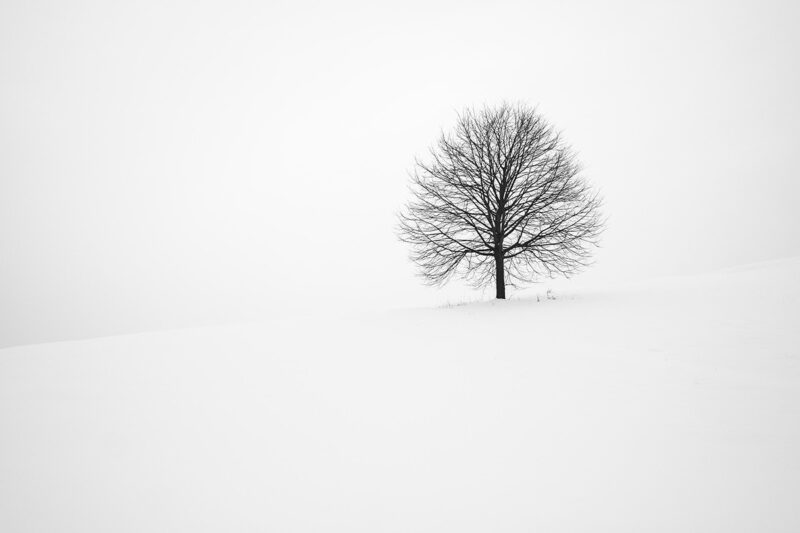
Fire Risk
As with any heater, Paraffin Heaters pose a fire risk if used incorrectly. We have our own Heater Safety advice here, but you should read the manufacturers instructions before you use any heater for the first time.
Generally, fire risks are created when people absent-mindedly point a heater directly at flammable materials (e.g. curtains, wooden furniture etc.) and put themselves at risk; this risk can be an increased if the heater is left unattended. To remove fire risk, place your heater on a flat surface, one that isn’t liable to burning, away from flammable materials and only fill your heater up outdoors. Let’s be honest, this is fairly common sense stuff. Paraffin Heaters only pose a fire risk if not used correctly, so be mindful when you use them at home.
Fuel Storage
Storing your fuel correctly is also very important. The obvious issue with storage is that spills or exposed fuel can pose a fire risk if ignited. Makes sense, right? We recommend that you do not fill your fuel tank up indoors, to minimise fuel spillages in places that are more exposed to higher heats.
Do not store your fuel in direct sunlight or near heat generating appliances, either. It is recommended that you dispose of any and all unused fuel at the end of the cold season, to prevent issues for the next year too.
Fumes
Some people who visit the Sheds Direct Ireland showroom during the Winter months will notice the minor odoour of the paraffin oil burning. This smell is generally not an issue for the vast amount of people who encounter them, however if you are sensitive to certain odours, we’d recommend that you visit us and experience them for yourself before purchasing.
It is worth nothing that the fumes are always more noticeable when the machine starts up and when it is shut off. Outside of these times, they should be virtually odourless.
It’s important to note that these fumes are not dangerous in-and-of themselves; That is providing that you’re using the correct fuel and that you’re in a ventilated area.
Our heaters only accept Tozane fuel. This is a paraffin oil that is safe to use indoors and one which is drastically cleaner and safer to use indoors compared to Kerosene. Similarly, you should only use any heater that burns any fuel in a ventilated area. Any fuel that is burned will create small amounts of carbon monoxide – this isn’t an issue in small doses, but if left to burn in an unventilated area, you are really putting yourself at risk.
Paraffin Fuel is NOT Kerosene
This is a bit confusing, but we’ll try and clear it up.
Lots of Kerosene sellers will tell you that Paraffin fuel and Kerosene ‘are the same thing’ or that ‘the terms are used interchangeably’, which is a half-truth.
People do use terms interchangeably, this much is true, but it doesn’t mean that they are correct in doing so. The Irish Sea and the Atlantic are both large bodies of water – but only one is an ocean. Both Kerosene and Paraffin are combustible fuels, but only one should be used indoors. This is cleared up a little on heatingoil.co.uk which states:
…paraffin refers to a more refined and distilled version of kerosene, meaning it can be more suitable for indoor uses such as lamps and stoves. This type of paraffin includes additives to reduce its odour too.
Kerosene is full of dirt, plastics and other impurities. Burning it in the house can lead to respiratory tract irritations, breathing difficulties, illness and more. Make sure to only use C1 Grade Paraffins, like Tozane in your paraffin heater. You can read more about burning fuels elsewhere on our blog.
Asthma
If used in a properly ventilated area, paraffin wick-heaters should not pose a problem to asthmatics in theory; however the research around the burning of paraffins and asthmatics is limited, so we would advise caution.
We do not recommend that asthmatics use our Fan-Assisted heaters as these fans use a fan to circulate the heat in your room. These fans can raise dust and dirt and cause discomfort in asthmatics. Put simply: If you don’t use a fan during the Summer months to keep cool because of your asthma, don’t use a fan-assisted heater.
And again, this is all stated under the assumption that you are using the correct fuel. Which brings us onto:
Incorrect Fuel usage
Okay. I can’t say this enough on the website:
Do.
Not.
Use.
Yes, Kerosene is cheaper than paraffin. Kerosene is also cheaper than your milk, but you don’t pour it onto your Cornflakes because that would be madness. Don’t put a dirty fuel into your heater if you don’t want to risk lung problems.
Kerosene is a dirty fuel. It has not been distilled like Paraffin has, so when you use kerosene, you’re breathing in burning plastics and other dirty impurities. Paraffin is safe to use indoors. But don’t take our word for it, read Differencebetween.com’s guide to the differences between the two. If you’re reading a guide titled ‘are paraffin heaters dangerous’, chances are you’re a smart, attractive cookie already, so don’t be messing around with the wrong fuels.
If nothing else, just note that kerosene will break a paraffin heater. It’s a false economy to use kerosene.
Don’t be a silly lamb.
Are Paraffin Heaters Dangerous: Carbon Monoxide
Don’t use any heater than burns fuel in an unventilated area. It doesn’t matter if it’s a paraffin heater, stove, kerosene heater or a space heater. Anything that burns fuels requires oxygen to burn. The burning of any fuel in an unventilated room can be fatal.
While our Inverter and Kero4600 heaters have carbon monoxide alarms already installed inside, our wick burning heaters do not. As such, you should not use these heaters in small, unventilated rooms. Remember, it is compulsory for any home to have a carbon monoxide alarm installed in rooms with appliances fitted. It is also compulsory for them to be in or near habitable rooms where a chimney is attached to any hear-producing appliance as well as near to, or in, bedrooms. We strongly, strongly recommend that you have a carbon monoxide alarm if you are using any fuel combustible heater in your home.
Burn Risk
Wick Heaters are radiant heaters. That is to say that they heat up from a source, they do not fan this heat around. As such, the metal on top of these units can become very hot and post a burn risk. Be particularly careful with wick-heaters around children and pets – we would strongly advise that you use a fire-guard to keep you heaters out of harms way.
Maintenance
You will be expected to maintain your paraffin heater well to keep it safe. It’s almost redundant to ask ‘are paraffin heaters dangerous’, if you’re going to let your heater become over-run with dust, grim, allow it to get damaged or if you’re going to spill oil all over it.
Most heaters will require regularly cleaning. Fan-assist heaters will need to have their air filter gently vacuumed out every month or two.
Customer Reviews (What do other people say about Paraffin Heaters?)
You can read all our Google Review here, but if you just want to see what our customers are saying about our heaters however, we’ve picked out some that should give you a good idea:
So, are Paraffin Heaters dangerous? A Summary
So, are paraffin heaters dangerous? It might look like they are, but no more so than anything else that we use on a daily basis. Ask yourself these simple questions:
- Are you going to leave the heater unattended?
- Will you place it in a position liable to cause a fire?
- Will you forget to clean it?
- Will you use it in an unventilated area?
- Will you use the wrong fuel?
If you answered ‘no’ to these questions, a paraffin heater is perfectly safe for you to use. A car in the wrong hands is lethal, but millions of people use them every day without any issue. Once you don’t do anything stupid with them, paraffin heaters are perfectly safe to use indoors and they offer an affordable way to heat a home for tens of thousands of Irish people.



